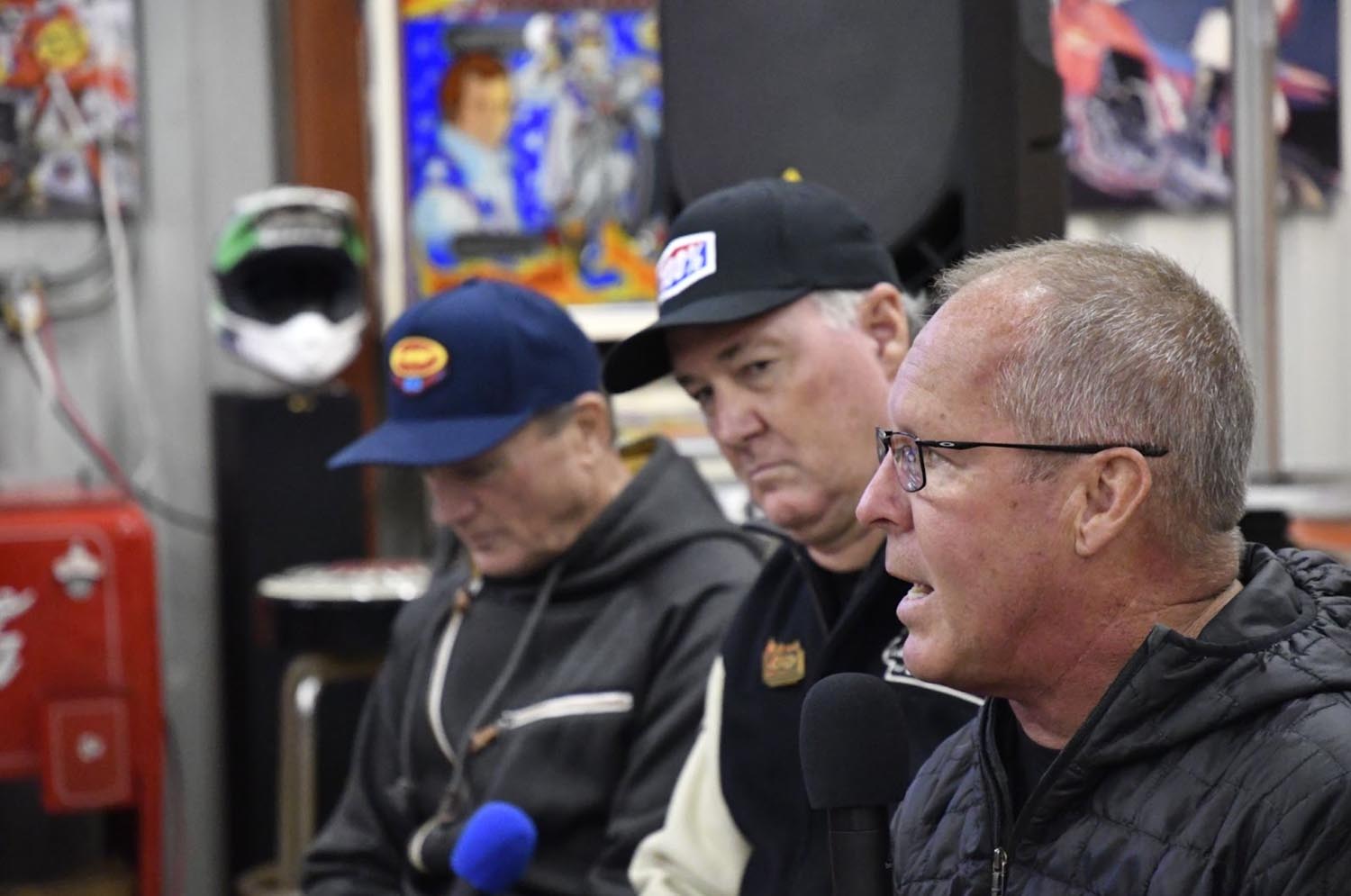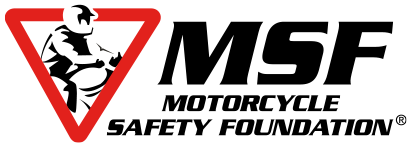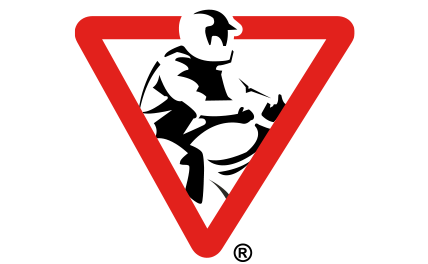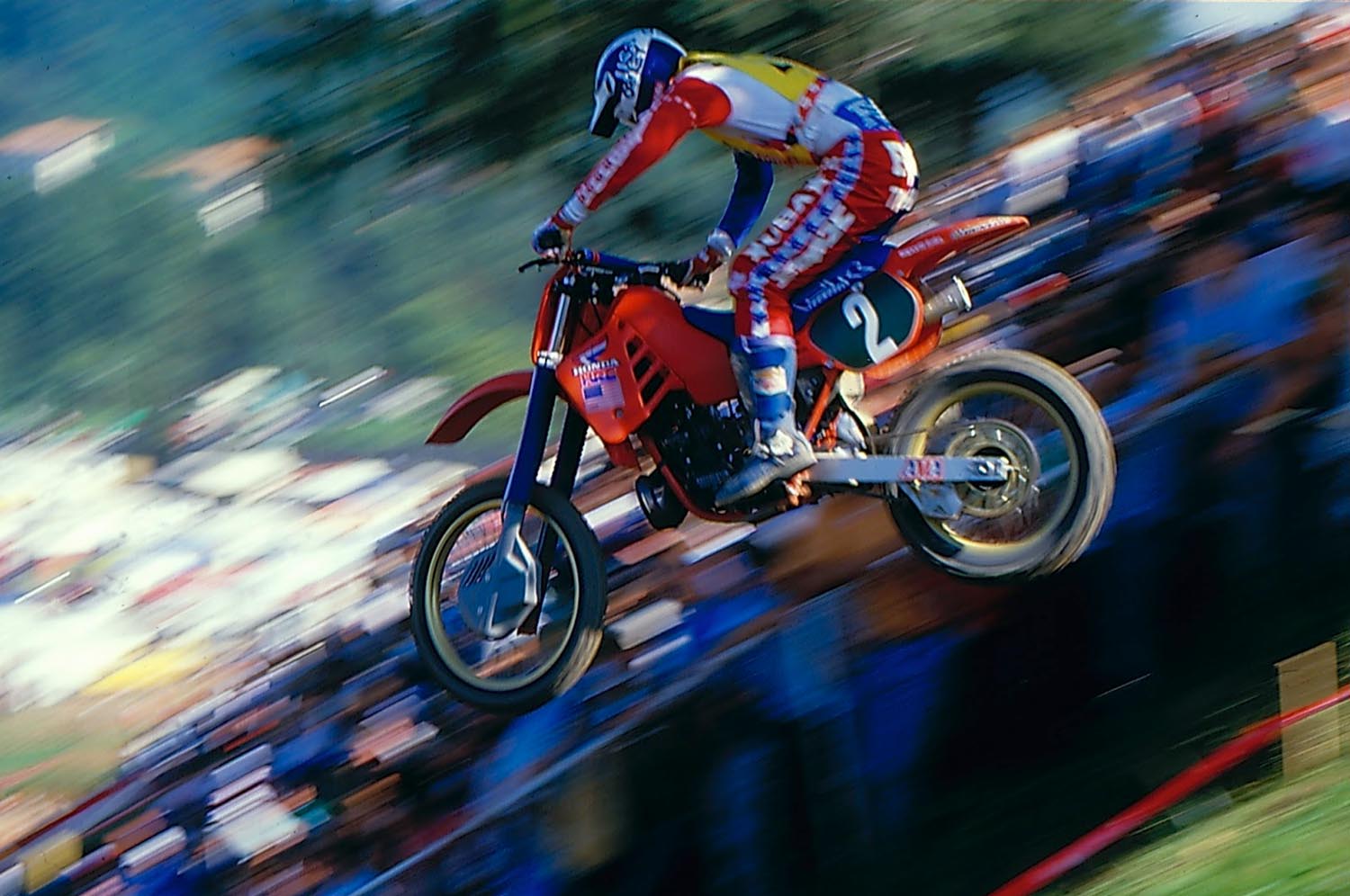
Taking Motorcycle Safety Foundation courses won’t make you ready to be a competition rider, but it will help you build foundational skills needed to earn your motorcycle license and prepare for more advanced training and skills development.
To look at how a rider can expand on foundational riding skills, we sat down with Hall of Fame Motocross and Supercross racer, Ricky Johnson. Johnson earned six national titles and won multiple international races and titles while riding for Team Yamaha and Team Honda.
After motorcycle racing, he went on to compete in multiple truck and car racing efforts, again capturing major event and series championships. Additionally, Johnson developed several rider and driver training programs for racers, enthusiasts, and military personnel.
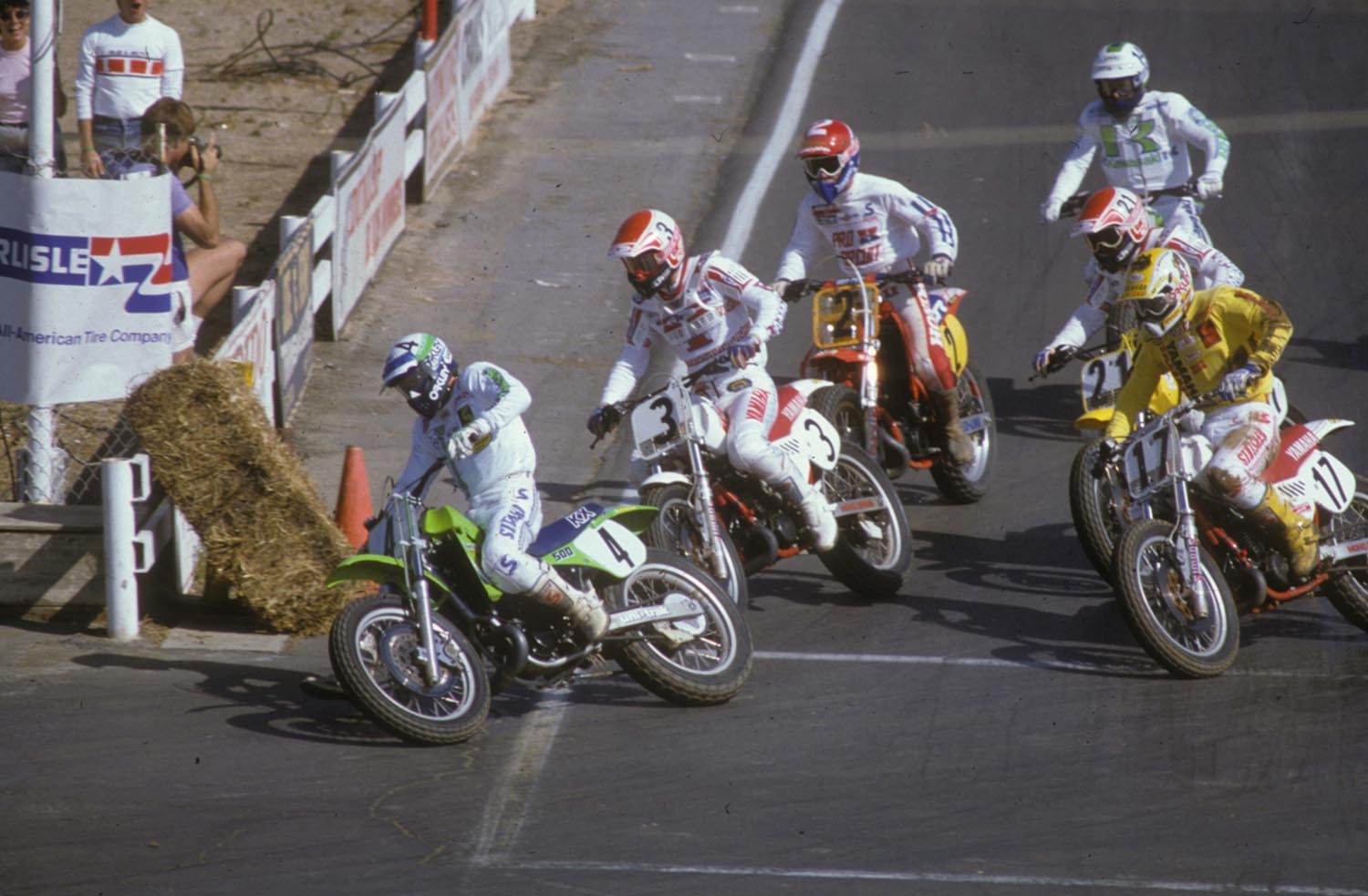
MSF: What value is there in formal/consistent training for new riders?
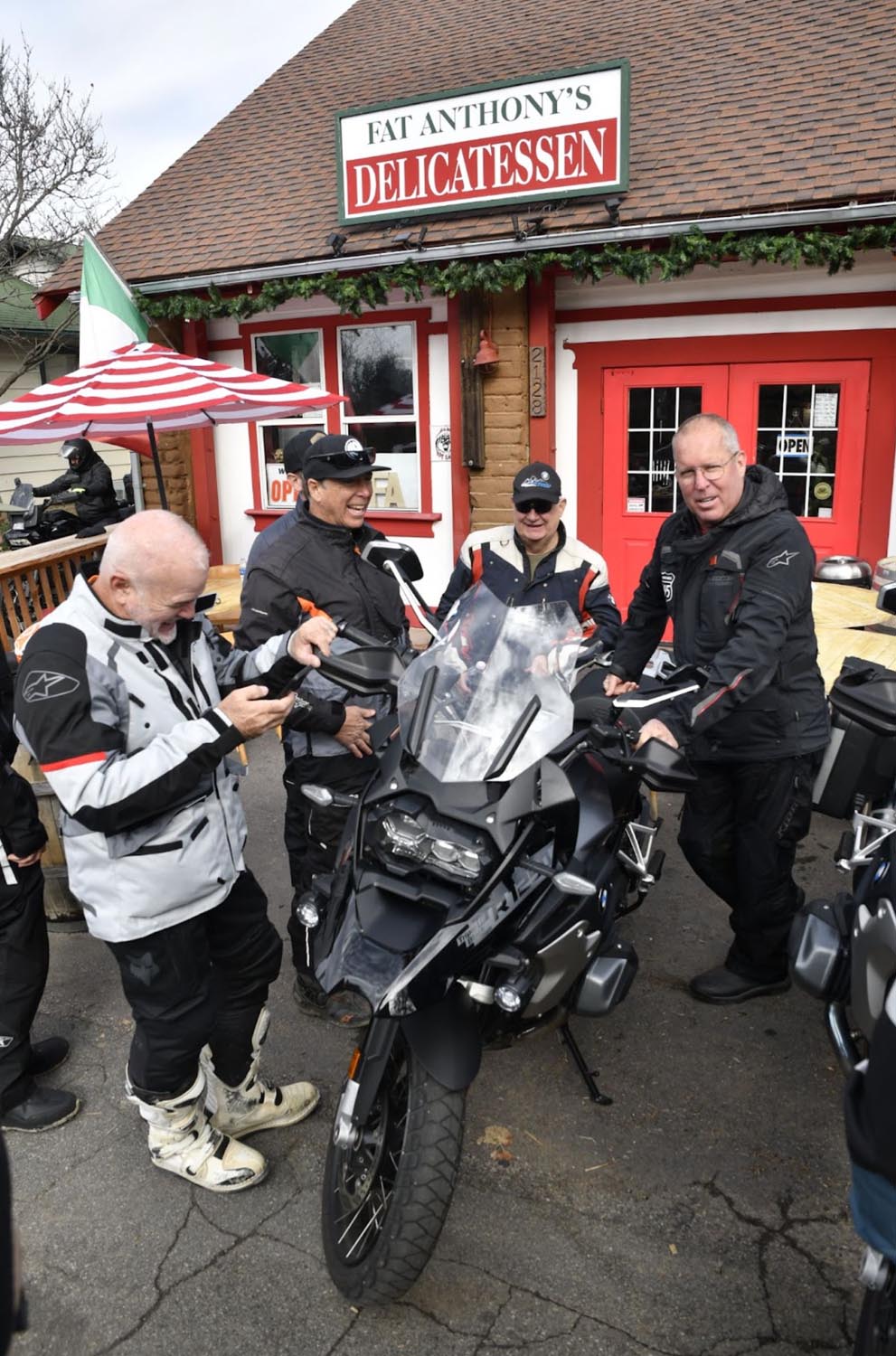
RJ: There is so much to learn from someone who has made the mistakes you will make learning on your own. When you work with a trainer, they can see and help you fix what you are doing wrong and confirm when you are doing it right. This will educate the rider to know right from wrong.
MSF: Is it important to keep practicing, even for non-racers, after mastering skills?
RJ: Absolutely. I would practice braking, cornering and jumping on a weekly basis when I was at the top of my game. You have to have a small toolbox of fixes when things go wrong. If you don’t practice, you will guess when your life might depend on it.
MSF: Has your riding evolved from your time as a racer? If so, how and why?
RJ: Yes, I have evolved to suit my body, age, and ability. It is important for riders (including myself) to do a reality check on where they are today. Not just think you are at the top of your game all the time. I had to do this when I was a professional. Some days I wasn’t at my best (injury or sick) and would have to manage with what I had. Today I have to think about a fused wrist, lower back issue, and a replaced left knee. It is important to my survival to know my limits.
